How To Protect Fruit Trees From Birds
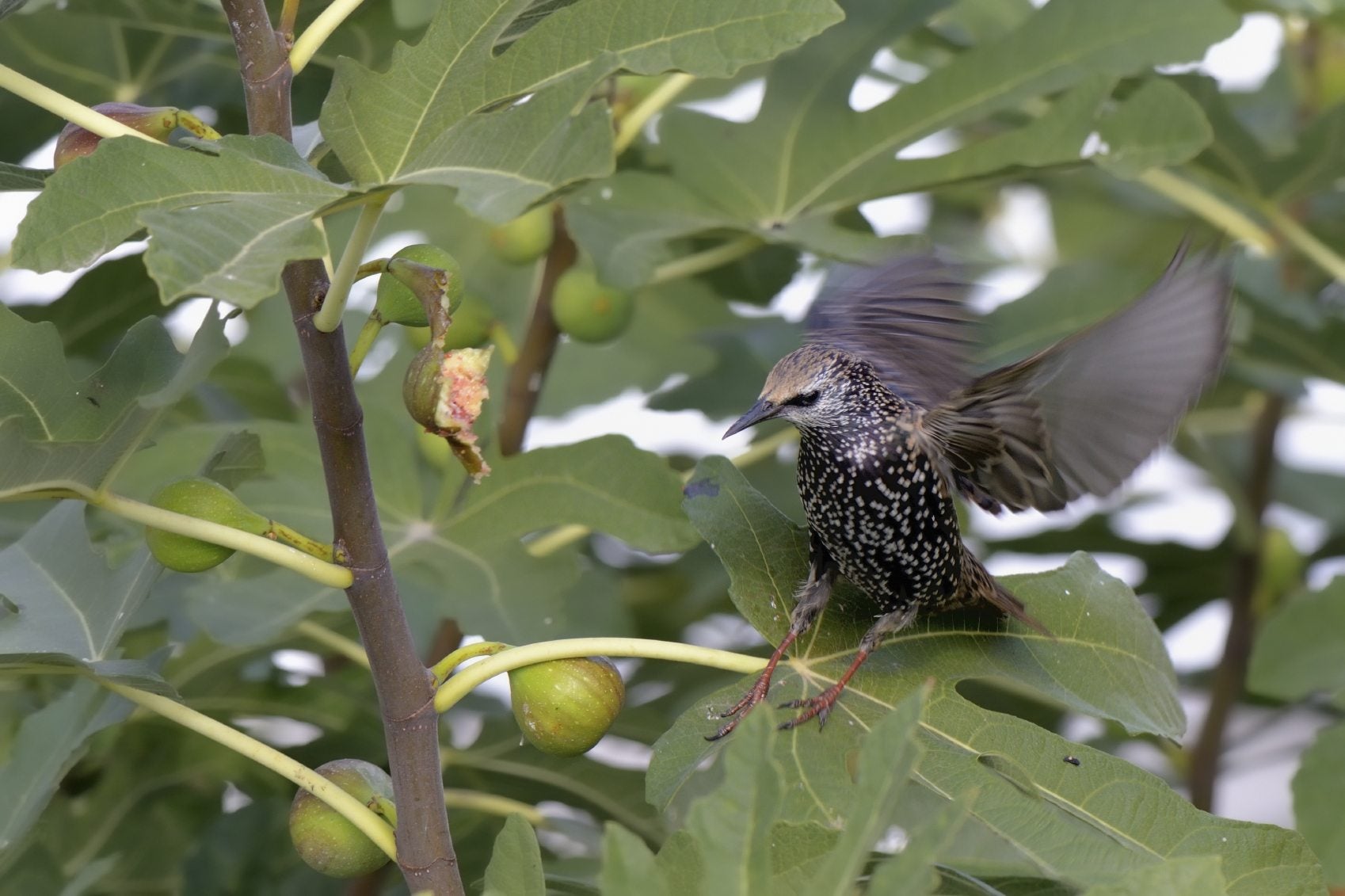

When it comes to pests, one you really want to protect fruit trees from is birds. Birds can do so much damage to fruit trees, especially once the fruit ripens. There are plenty of things you can do to protect a fruit tree from birds and the damage they can cause. By providing fruit tree bird protection to your fruit trees, you will harvest more fruit.
How to Keep Birds Off Your Fruit Trees
Fruit tree pest control is best done before the fruit ripens. Understanding how to keep birds off your trees is not so difficult. If you want to know how to keep birds off your fruit trees, you need to realize there are various forms of fruit tree pest control. You can trap the birds, you can use bird netting for fruit trees to keep them from getting at the ripening fruit, and you can use chemical repellants to keep the birds and other pests away from your fruit trees.
Trapping
Trapping the birds, especially blackbirds and starlings, can be done when they first show up for the season and up to about 30 days before the fruit ripens. All you do is bait a trap with water and any sort of food that would be attractive to the birds. This is a good form of fruit tree bird protection because once you capture the birds, you can release them. Check with local laws in your area before killing any birds though, as most birds are considered protected animals and it is illegal to kill them.
Netting
When it comes to bird netting for fruit trees, you want to use about 5/8-inch (2 cm.) netting. This can prevent the birds from reaching the fruits as they ripen. Wire can help you keep the netting away from the fruits, so you don't damage them while providing fruit tree pest control.
Repellents
Chemical repellents are useful in fruit tree pest control, often helping to protect fruit trees from birds and other pests. Methyl anthranilate is one chemical that can be used. It will have to be repeated if you find that bird damage is continuing. Hinder is another chemical pest control that can be used. Simply dilute it 20:1 with water and apply it every three to ten days. Also, make sure to reapply after heavy rain. Electronic fruit tree bird protection is also available. These electronic devices will keep the birds away by emitting a sound that frightens them. As you can see, there are many different ways to provide fruit tree bird protection. The purpose of growing your fruit trees is to harvest the fruit. Sometimes sharing the fruit with the birds is inevitable, but you don't want them to get all the fruits of your labor.
Gardening tips, videos, info and more delivered right to your inbox!
Sign up for the Gardening Know How newsletter today and receive a free copy of our e-book "How to Grow Delicious Tomatoes".

Kathee Mierzejewski was with Gardening Know How in the very beginning, writing many of the site's foundational articles.
-
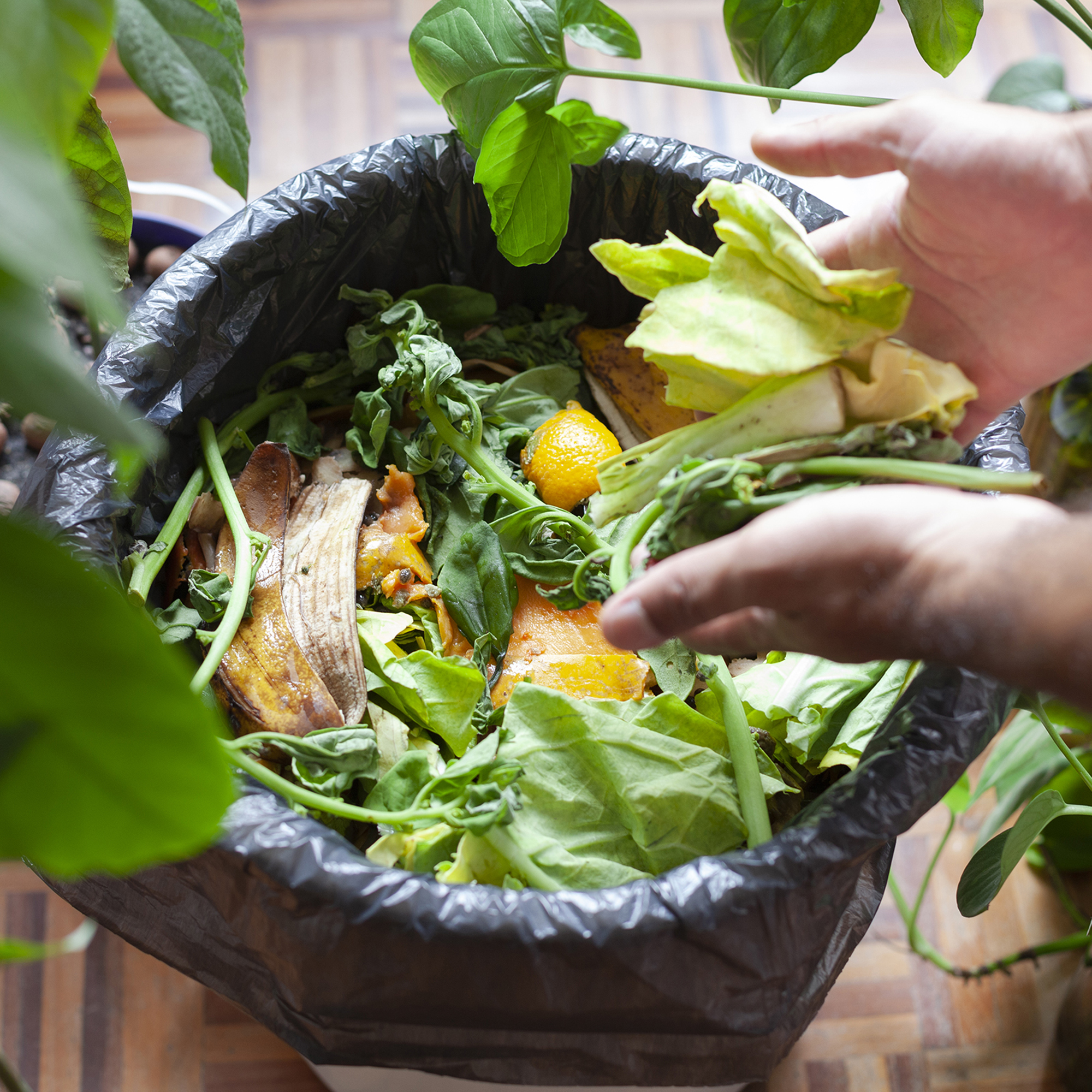 4 Superfast Composting Methods: Turn Waste Into Garden Gold In 30 Days Or Less
4 Superfast Composting Methods: Turn Waste Into Garden Gold In 30 Days Or LessTry the fastest composting methods to turbocharge your pile and transform kitchen scraps and garden waste into finished compost in just a few weeks.
By Mary Ellen Ellis
-
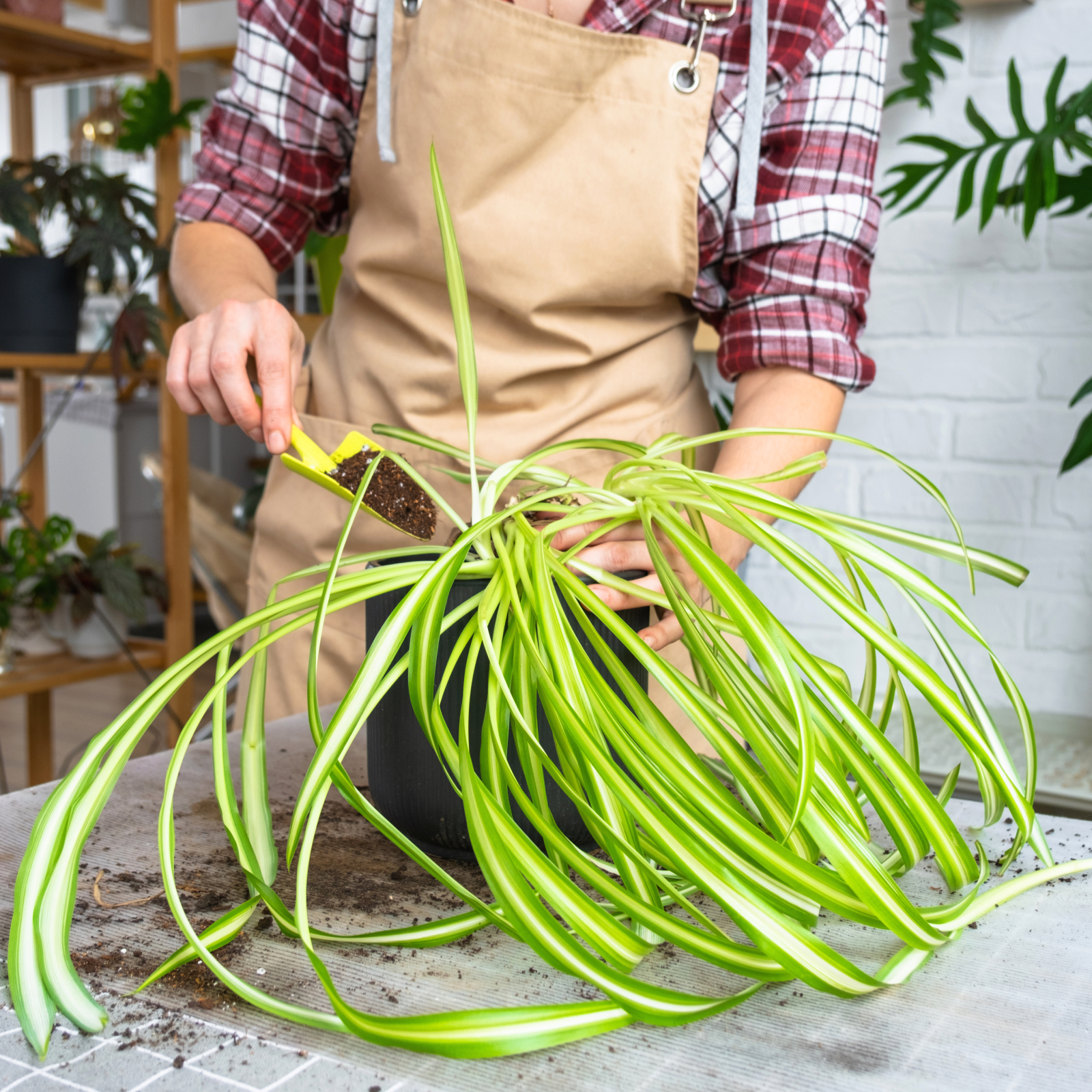 Best Spider Plant Soil – Complete Soil Guide And Expert Tips For Keeping Plants Happy
Best Spider Plant Soil – Complete Soil Guide And Expert Tips For Keeping Plants HappySpider plants are fun and easy plants to grow, but what is the best soil for a spider plant? Selecting the right soil is important so they can thrive.
By Bonnie L. Grant
-
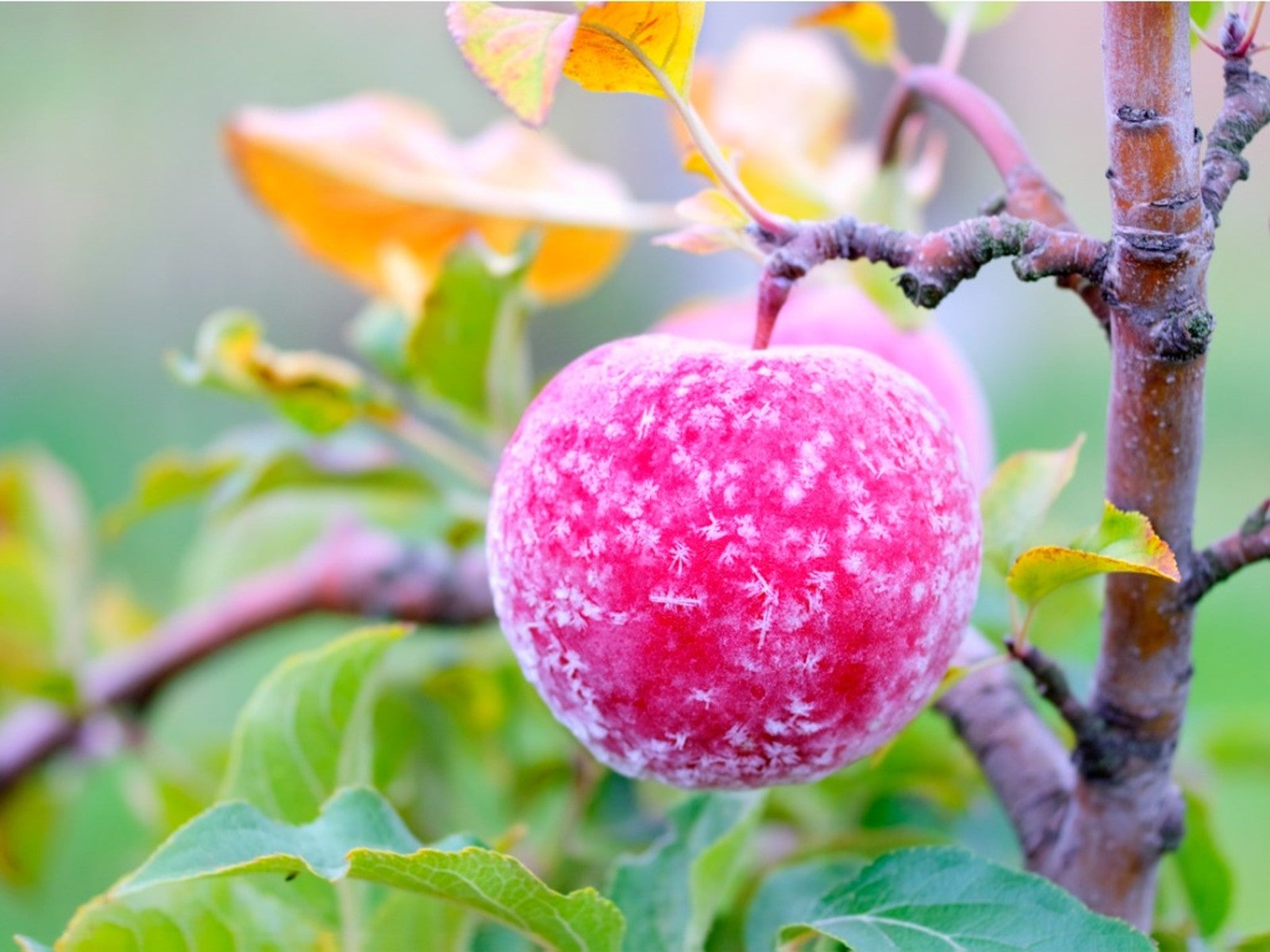 How To Protect Fruit Trees From Frost And Freeze
How To Protect Fruit Trees From Frost And FreezeChoosing fruit trees appropriate for your growing zone is best, but you still may need to protect them from extreme cold. Read how.
By Bonnie L. Grant
-
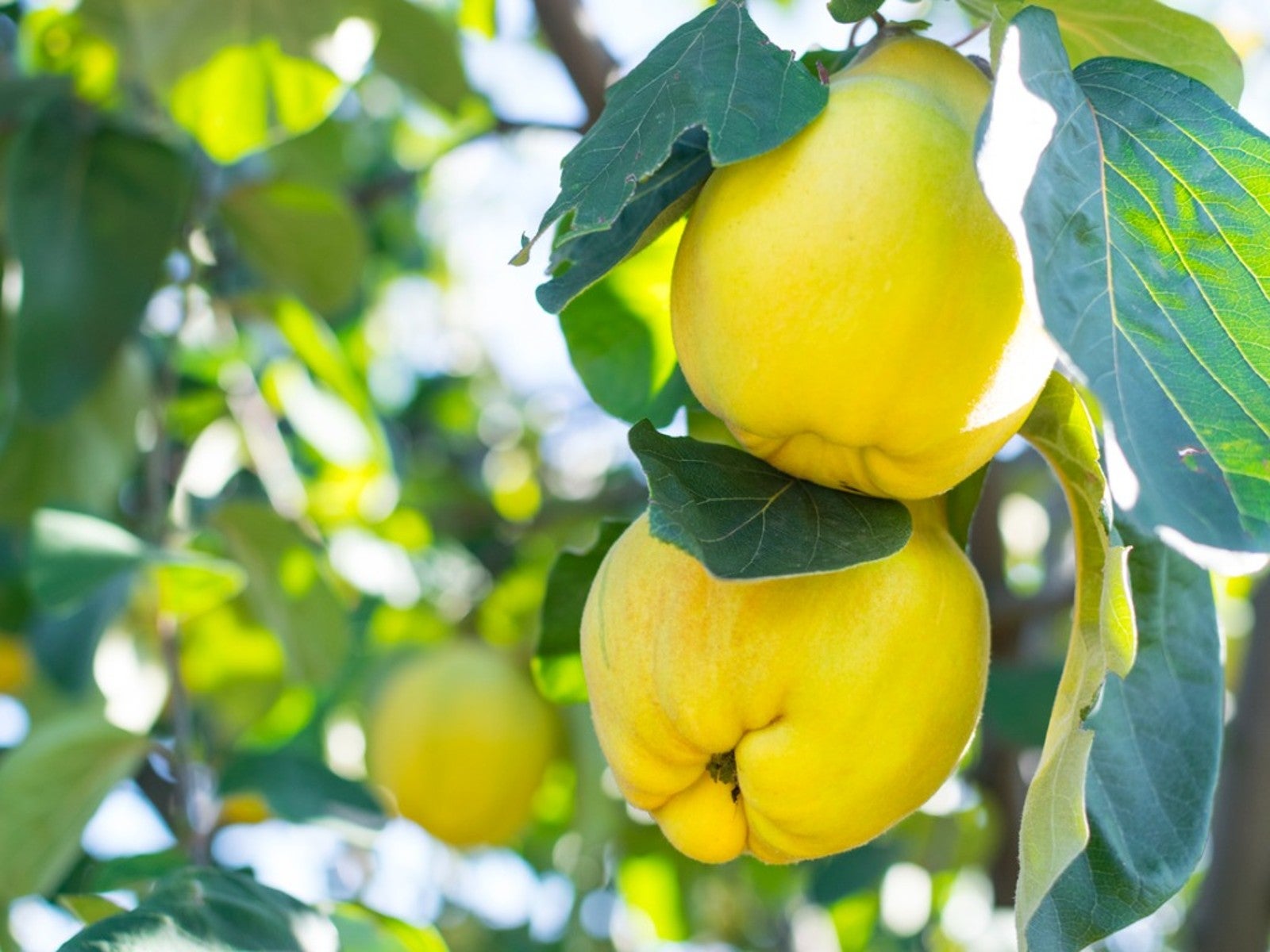 Best Plants For Late Summer and Fall Fruit Harvest
Best Plants For Late Summer and Fall Fruit HarvestEven if you don’t have the optimal conditions for more common fruit trees, there are other end of summer fruits to enjoy.
By Teo Spengler
-
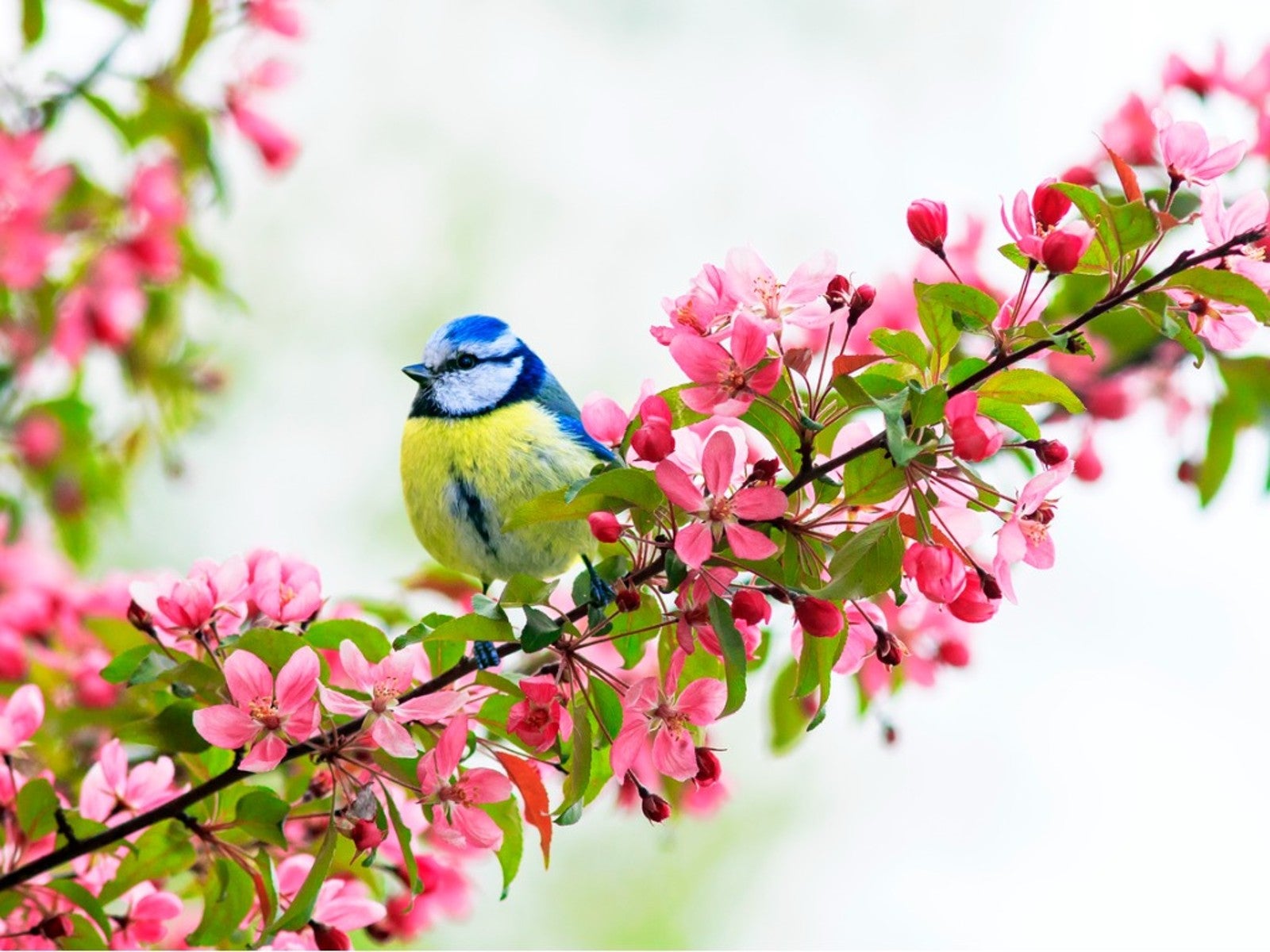 Best Native Fruit Trees To Support Wildlife
Best Native Fruit Trees To Support WildlifeIf you want trees that will attract and feed wildlife, learn the best kinds of edible fruit and nut trees to plant for inviting specific creatures.
By Teo Spengler
-
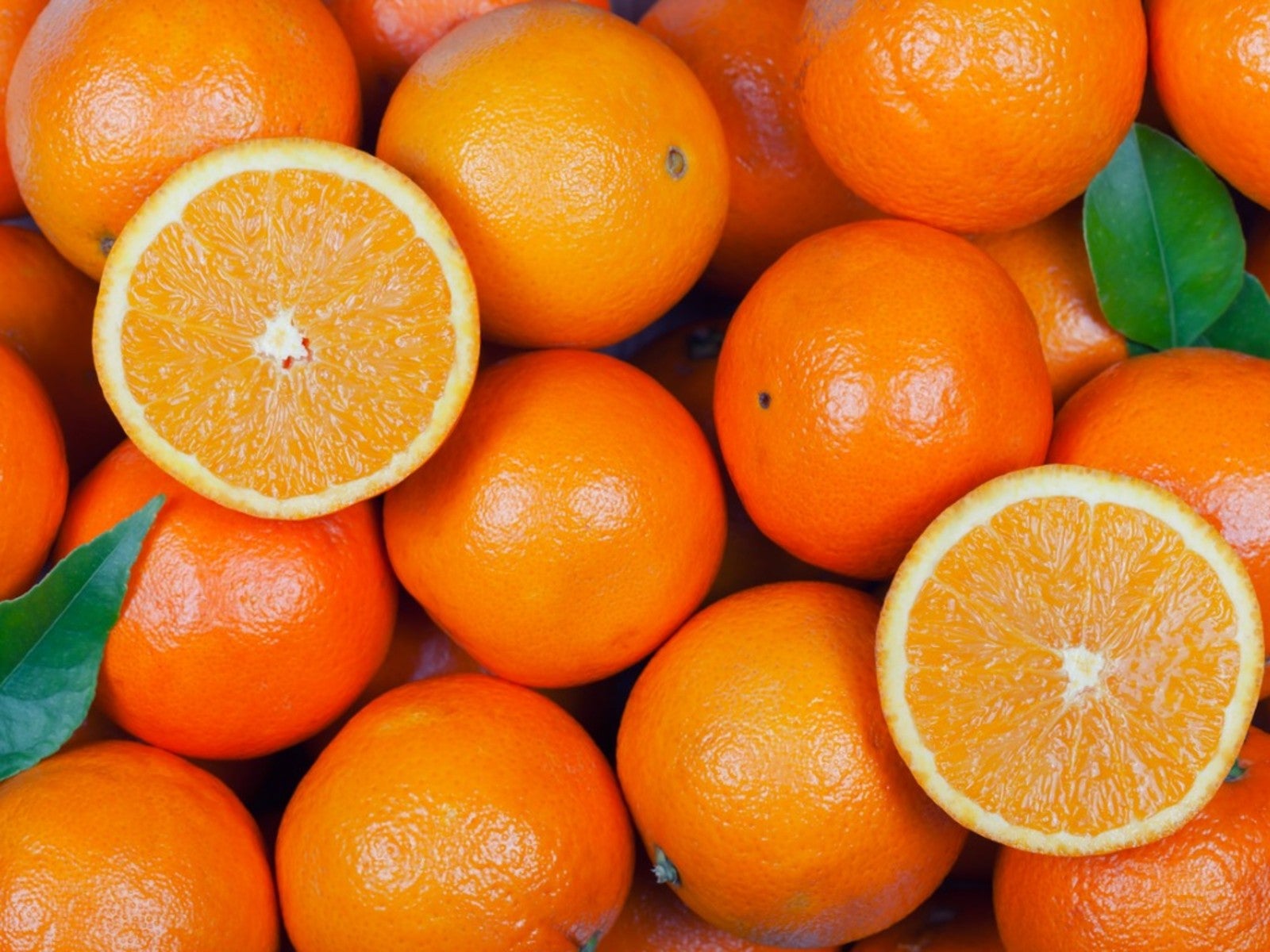 Orange Fruit Varieties: Growing Fruits That Are Orange
Orange Fruit Varieties: Growing Fruits That Are OrangeOrange colored fruit isn’t limited to the citrus orange. There are plenty of other orange colored fruit varieties, each packing a healthful punch. Read on for more.
By Amy Grant
-
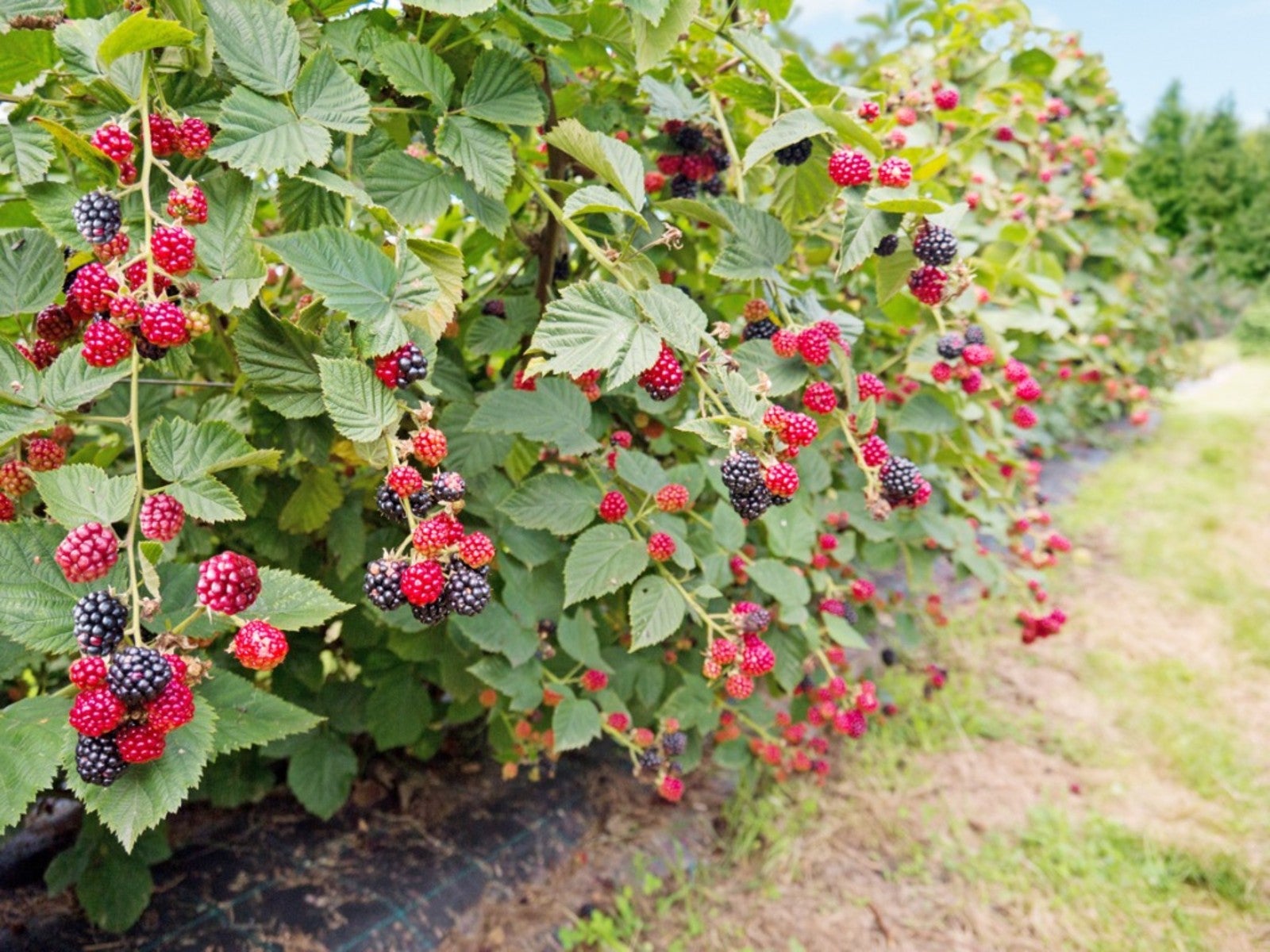 Everbearing Plants: Learn About Everbearing Varieties Of Fruit
Everbearing Plants: Learn About Everbearing Varieties Of FruitWhat does everbearing mean? And more importantly, how do everbearing varieties differ from non-everbearing types? Read on for more.
By Laura Miller
-
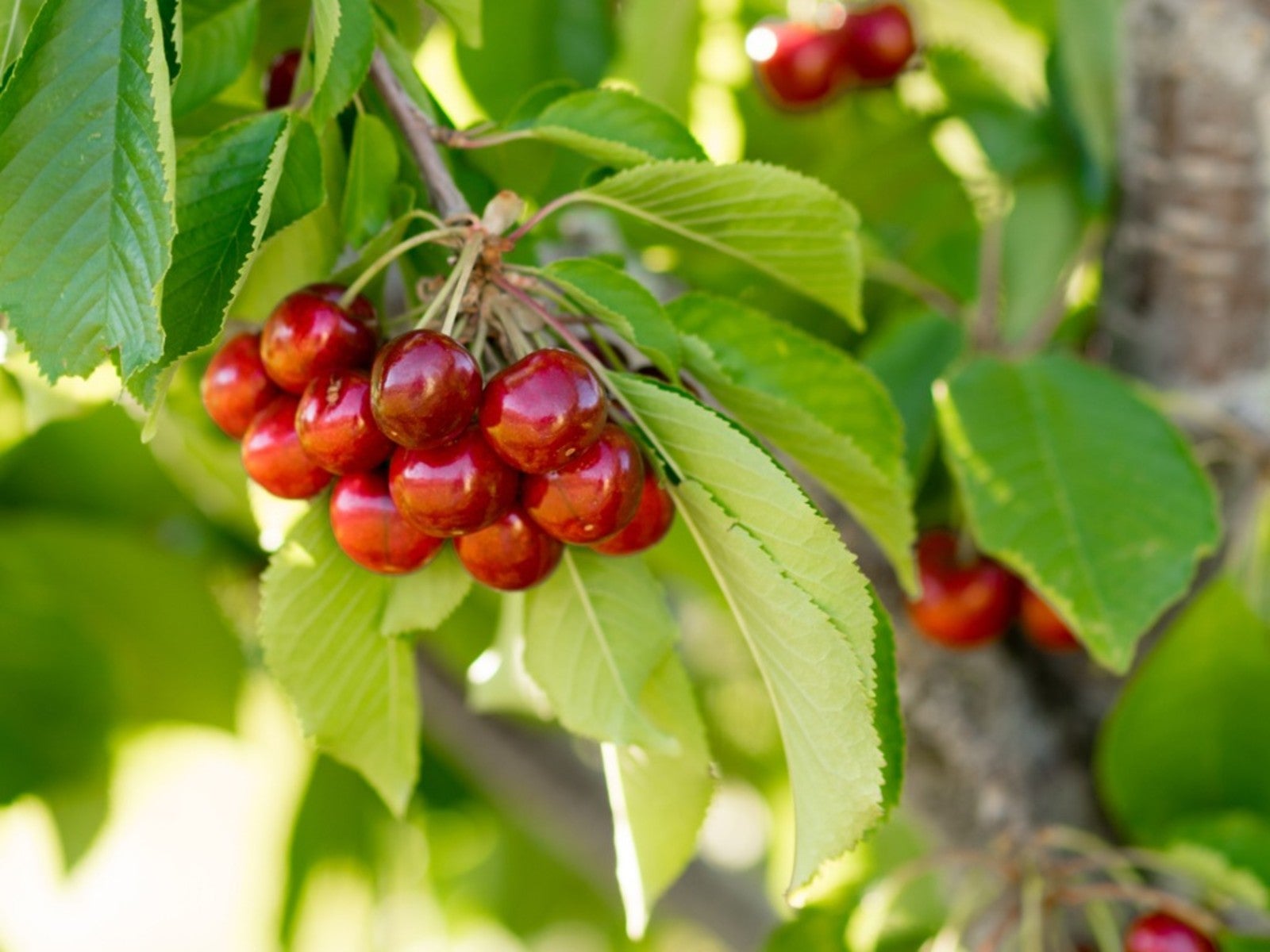 Plant A Red Fruit Garden: Growing Fruits With Red Flesh
Plant A Red Fruit Garden: Growing Fruits With Red FleshPlanting a red fruit garden may seem a bit whimsical. That is, until you realize the health benefits of consuming fruits with red flesh.
By Laura Miller
-
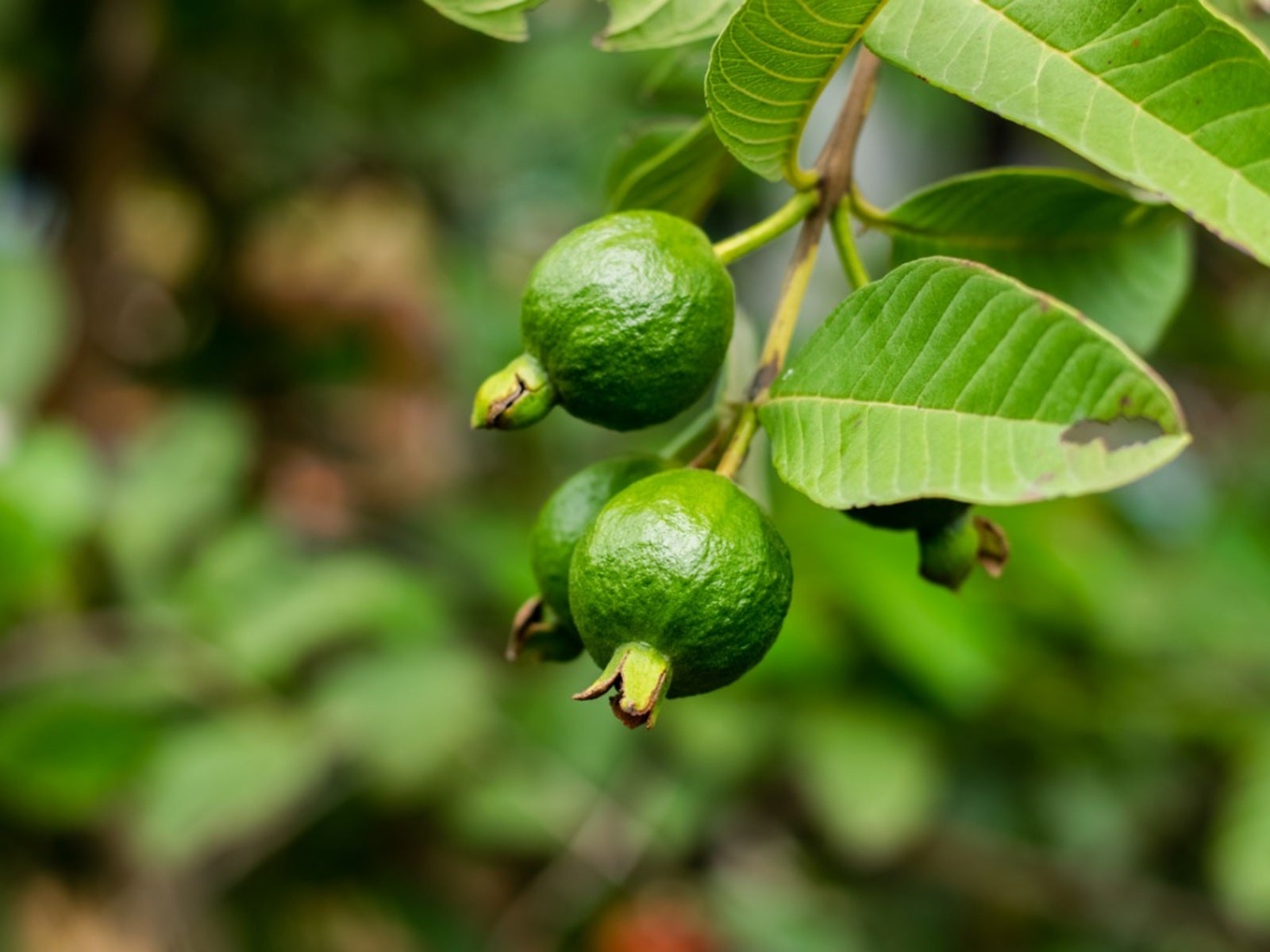 Heat Tolerant Fruits - Growing Fruit In Hot Weather
Heat Tolerant Fruits - Growing Fruit In Hot WeatherSome fruit grows in extreme heat naturally. But there are also specially cultivated, heat-tolerant varieties. For more information on heat tolerant fruits, read on.
By Teo Spengler
-
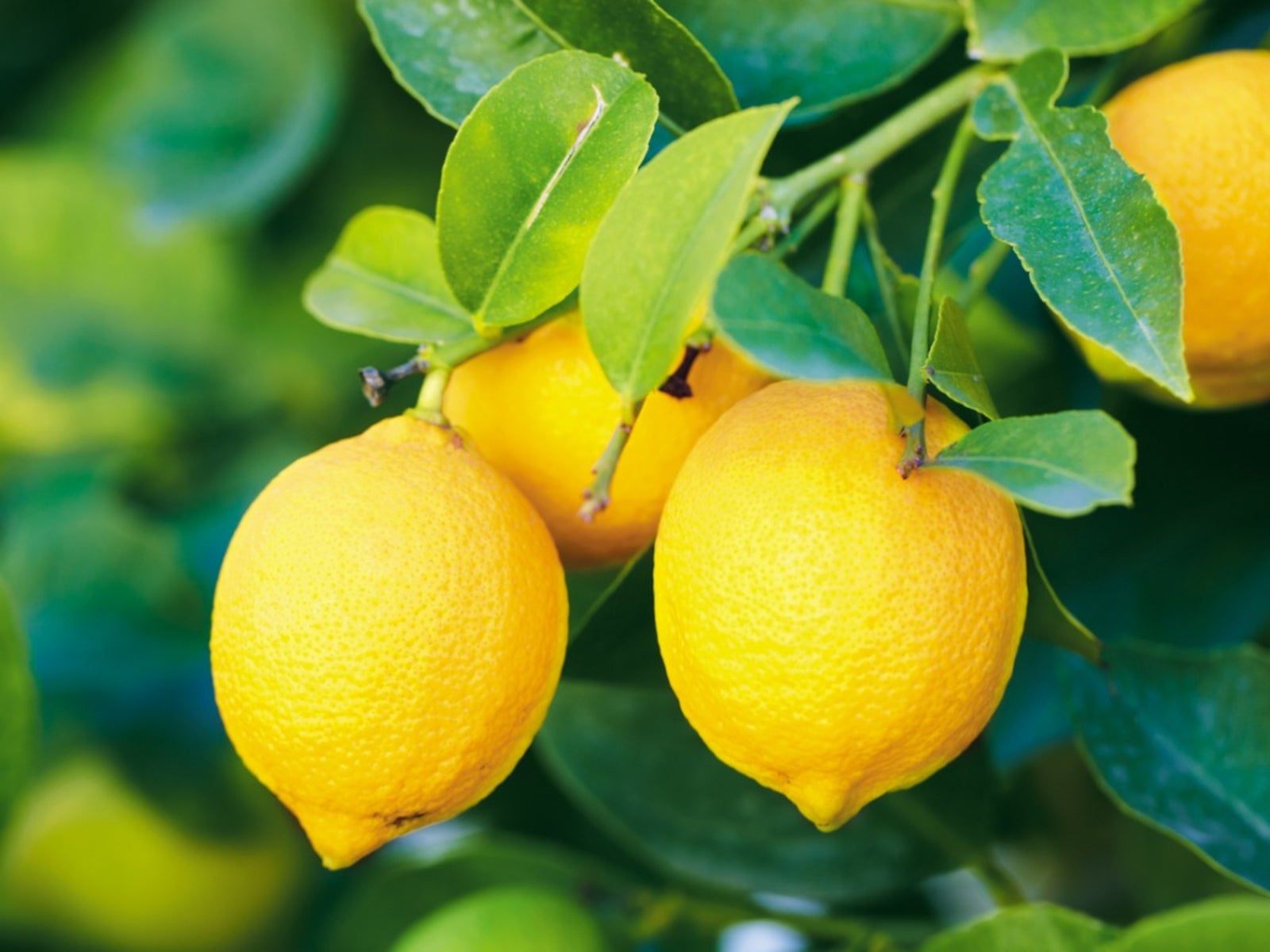 Yellow Fruit Varieties - Growing Fruit That Is Yellow
Yellow Fruit Varieties - Growing Fruit That Is YellowWhat fruit is yellow? There's more than the bananas at the supermarket. Try growing yellow fruit for a consistent supply of sunny food.
By Bonnie L. Grant